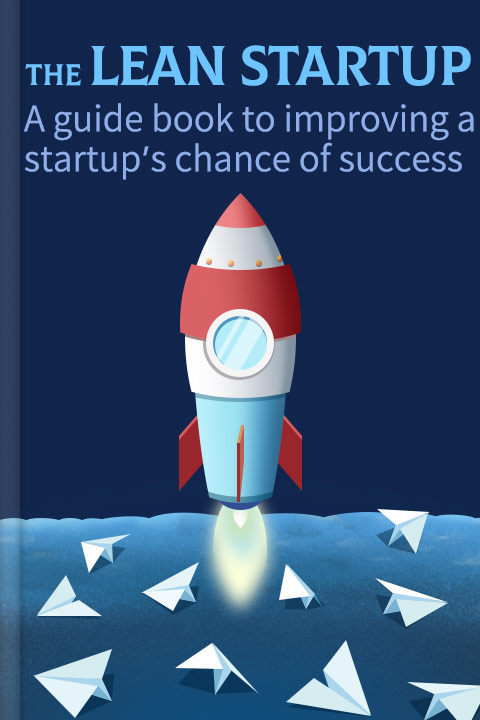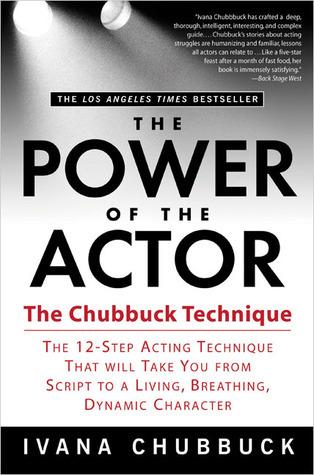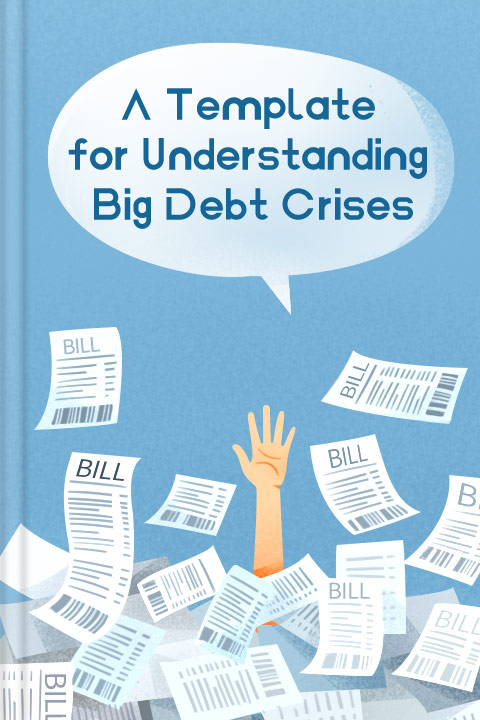
Information

Author: Eric Ries
Narrator: Ryan
Format: MP3
IBSN: 9780307887894
Language: English
Publish Date: 01/01/2011
Audiobook length: 31 min
Readers Also Enjoyed Summary Audiobook 
Why listen to The Lean Startup
Listening to the summary audiobook of "The Lean Startup" by Eric Ries is an invaluable investment for entrepreneurs and innovators looking to streamline their business strategies. This concise format distills essential principles, such as validated learning, rapid prototyping, and pivoting, which can help you efficiently test and refine your ideas in a fast-paced market. By engaging with the key concepts in a time-efficient manner, you’ll gain actionable insights that can accelerate your startup's growth while minimizing waste and maximizing potential success.
Key Insights from The Lean Startup
- The Lean Startup methodology emphasizes the importance of validated learning through rapid experimentation and feedback from customers, enabling startups to adapt their products to better meet market needs. By focusing on iterative development, startups can minimize waste and increase their chances of success.
- Ries introduces the concept of the Minimum Viable Product (MVP), which allows startups to launch a basic version of their product to gather insights without incurring large costs. This approach encourages continuous improvement based on real user interactions rather than assumptions.
- The Build-Measure-Learn feedback loop is central to the Lean Startup framework, allowing entrepreneurs to quickly develop hypotheses, test them, and learn from the outcomes. This cyclical process fosters agility and helps teams pivot or persevere based on empirical data, enhancing the innovation process.

Brief In, Brilliance Out
Contact: buildlearn.bk@gmail.com
















